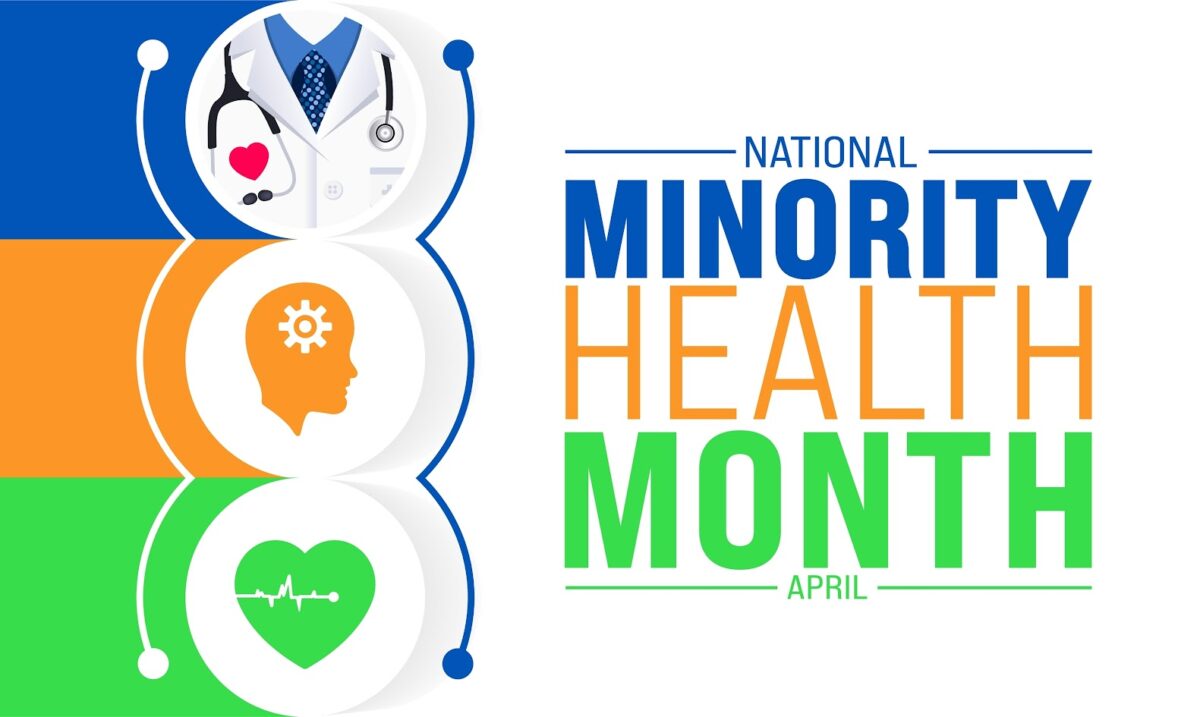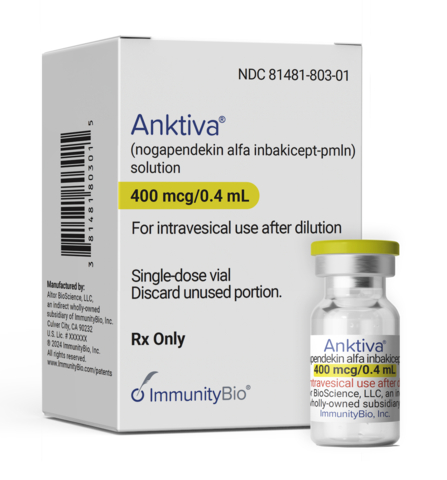The US Food and Drug Administration (FDA) has approved Takeda Pharmaceuticals’ Adzynma, the first recombinant protein product for prophylactic (preventive) or on‑demand enzyme replacement therapy (ERT) in adult and pediatric patients with congenital thrombotic thrombocytopenic purpura (cTTP), an ultra-rare blood clotting disorder.
Adzynma is administered intravenously once every other week for prophylactic ERT and once daily for on-demand ERT.
cTTP is a very rare, inherited and life-threatening blood clotting disorder caused by a disease-causing mutation in the ADAMTS13 (A disintegrin and metalloproteinase with thrombospondin motifs 13) gene, which encodes the ADAMTS13 enzyme that regulates blood clotting by cleaving the von Willebrand factor (VWF) protease. Mutations in the gene lead to insufficient production of normal functioning ADAMTS13, resulting in the accumulation of ultra-large VWF multimers in the blood that can lead to excessive platelet aggregation and adhesion. This can lead to blood clots in small vessels throughout the body and low platelet levels (thrombocytopenia).
cTTP can have both acute and chronic manifestations, known as thrombotic thrombocytopenic purpura (TTP) manifestations. Acute manifestations include thrombocytopenia, microangiopathic hemolytic anemia, bleeding episodes, headache and abdominal pain, while chronic ones include stroke, cardiovascular disease and damage to organs.
The disorder usually develops in infancy or early childhood but can also appear in adulthood, including during pregnancy, in some cases. As a rare disease, cTTP affects less than 1,000 individuals in the US. If left untreated, it can be fatal, with acute TTP events having a mortality rate of more than 90 percent.
XTALKS WEBINAR: Unparalleled Peptide Library Production: Automating High-throughput Peptide Synthesis and Purification
Live and On-Demand: Tuesday, January 16, 2024, at 2pm EST (11am PST)
Register for this free webinar to learn about an approach to downstream handling of peptide libraries that replaces traditionally manual processes without compromising peptide integrity and product yield.
Treatments for cTTP includes prophylactic plasma-based therapy for individuals with chronic disease to reduce the risk of clotting/bleeding by restoring the low amounts or absence of the ADAMTS13 enzyme.
Adzynma is a an ERT containing purified recombinant form of the ADAMTS13 enzyme administered to boost levels of the deficient enzyme in patients with cTTP. For prophylactic ERT, Adyznma is given to help reduce the risk of disease symptoms. For on-demand use, it is administered when a patient is having an acute event.
“People living with cTTP face serious, life-threatening health challenges, and until today, were without any approved treatment specifically indicated for their disease,” said Julie Kim, president, US Business Unit and US country head at Takeda, in a news release from the company.
“As we strive to help patients with limited or no treatment options, developing innovative treatments in rare diseases is an inspiring challenge and one we have taken on for 70-plus years as a leader in hematology. Today, we are proud to further support the rare disease community by delivering Adzynma as the first FDA-approved therapeutic option for people with cTTP.”
Takeda’s application for Adzynma was granted a rare pediatric disease priority review voucher, priority review, fast track and orphan designations. It’s also been granted orphan designation by the European Medicines Agency (EMA) and Japan’s Ministry of Health, Labour and Welfare (MHLW) for the treatment of TTP.
Related: Bespoke Gene Therapy Consortium Selects 8 Rare Diseases for Clinical Trial Portfolio
The FDA approval of Adzynma was based on its demonstrated safety and efficacy in a Phase III global cross-over study, the first of its kind for cTTP. The study evaluated both prophylactic and on-demand Adzynma ERT compared to plasma-based therapies in cTTP patients.
The randomized trial included 46 patients with cTTP who were given either six months of treatment with either Adzynma (40 IU/kg) or plasma-based therapies (designated period 1), and then switched to receive the other treatment for a subsequent six months (period 2, months 13 to 18).
Efficacy was demonstrated based on the incidence of TTP events and TTP manifestations, and also the incidence of the need for supplemental doses.
The efficacy of the on‑demand ERT was assessed by looking at the proportion of acute TTP events responding to Adzynma in both the prophylactic and the on-demand groups throughout the entirety of the study. It was found that all acute and subacute TTP events resolved after treatment with either Adzynma or plasma‑based therapies.
Safety-wise, common side effects of Adzynma include headache, migraine, abdominal pain, nausea, diarrhea, upper respiratory tract infection, dizziness and vomiting. Overall, it demonstrated a favorable safety profile that was comparable to plasma-based therapies. No adverse events were reported during the clinical trials following the administration of Adzynma.
Adzynma’s approval is the second for Takeda this week. The company received an FDA nod for its VEGFR inhibitor Fruzaqla (fruquitinib) as a third-line treatment for adults with metastatic colorectal cancer.
Approvals for rare disease treatments have been on the rise in a growing rare disease market that is currently valued at more than $195 billion in 2022. This is thanks to regulatory incentives such as the FDA’s Orphan Drug Act and priority review pathways for rare disease treatments, increasing awareness and diagnoses of rare diseases and the combined efforts of patient advocacy groups, researchers and drug developers, which have helped make the development and approval of rare disease treatments a priority.
In 2022, the FDA approved 20 orphan drugs out of the 37 novel drugs approved by the FDA’s Center for Drug Evaluation and Research (CDER).












Join or login to leave a comment
JOIN LOGIN